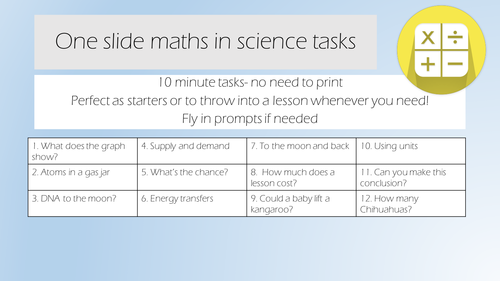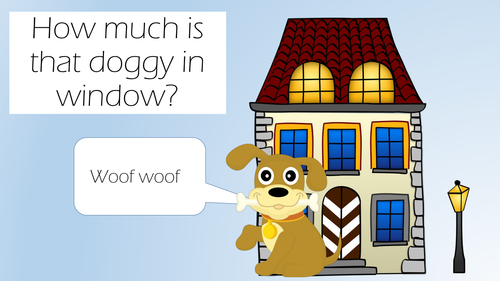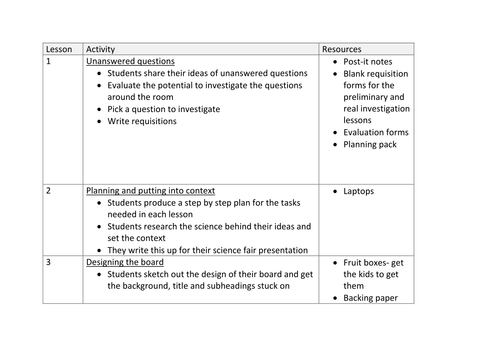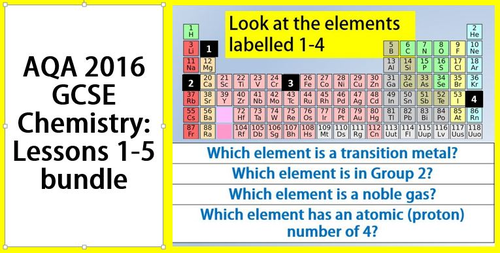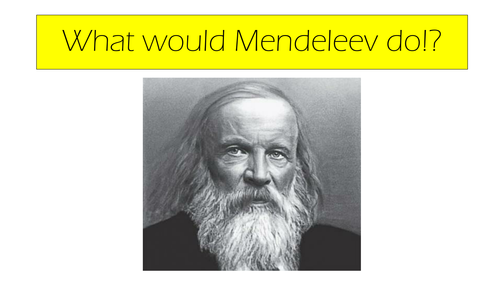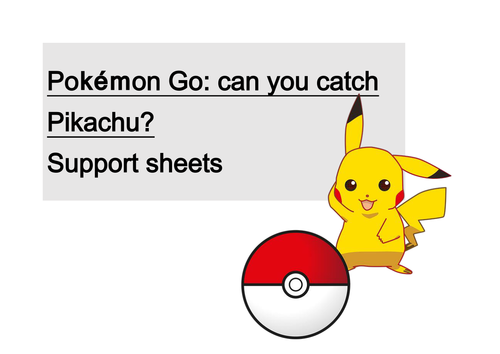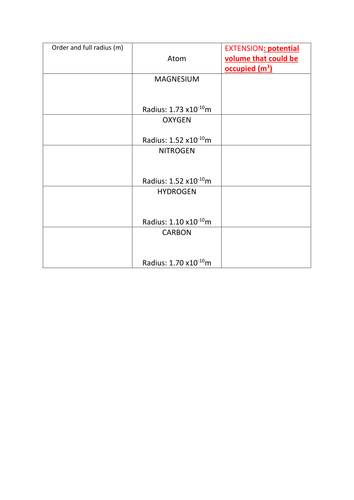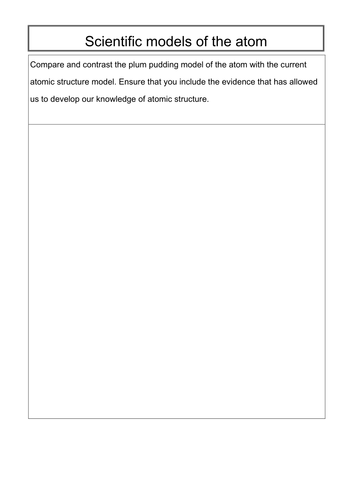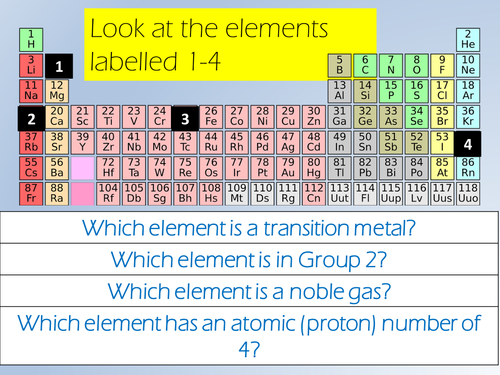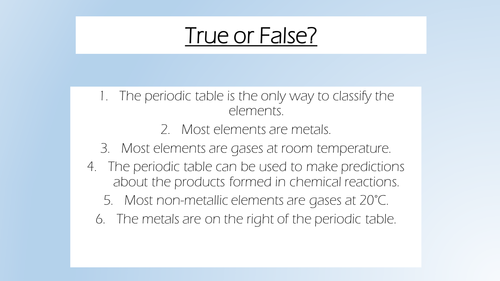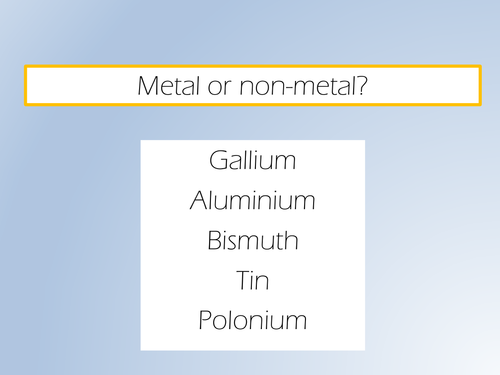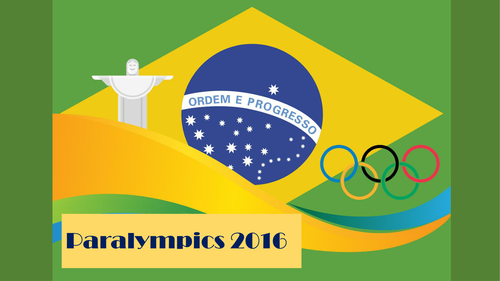Rocket Science
As a Lead learning Practitioner of Science I aim to produce resources that enable students to understand how the science they are being taught links to real life. The resources I produce ensure that students have the opportunity to develop a number of skills and work in different ways. Where possible the activities develop literacy and numeracy skills.


